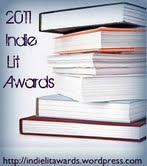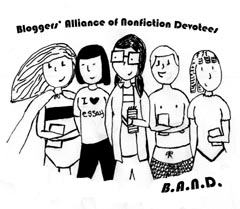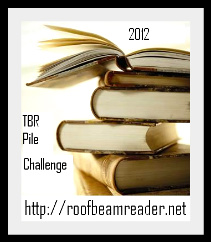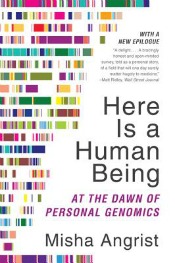I suppose my post title says just about everything I wanted to mention in this post, but I’m sure you’ll forgive me for adding just a little bit more.
The Indie Lit Awards, which are in their second year, are awards given to books that have been recommended and voted on by independent literary bloggers. Nominations are open to all readers, and are then voted upon by a panel of bloggers who are familiar with the genre they represent.
Nominations opened in September and will stay open until December 31, 2011 at midnight PST. There are also many categories to nominate books in:
Nominated books must be published in 2011, and you can nominate up to five books in every category. Really, there’s not excuse not to click on each of the links above and nominate at least one book that you read this year that was great (unless you don’t read that genre, which is ok too).
This year I’m leading the nonfiction panel with a group of other fantastic bloggers, and I’ve also been working on figuring out what books I’m going to nominate in the other categories. It’s been fun. I hope you’ll click on the links above (which will take you to the nomination forms) and nominate some of your favorites!
What has your favorite nonfiction book of 2011 been?







